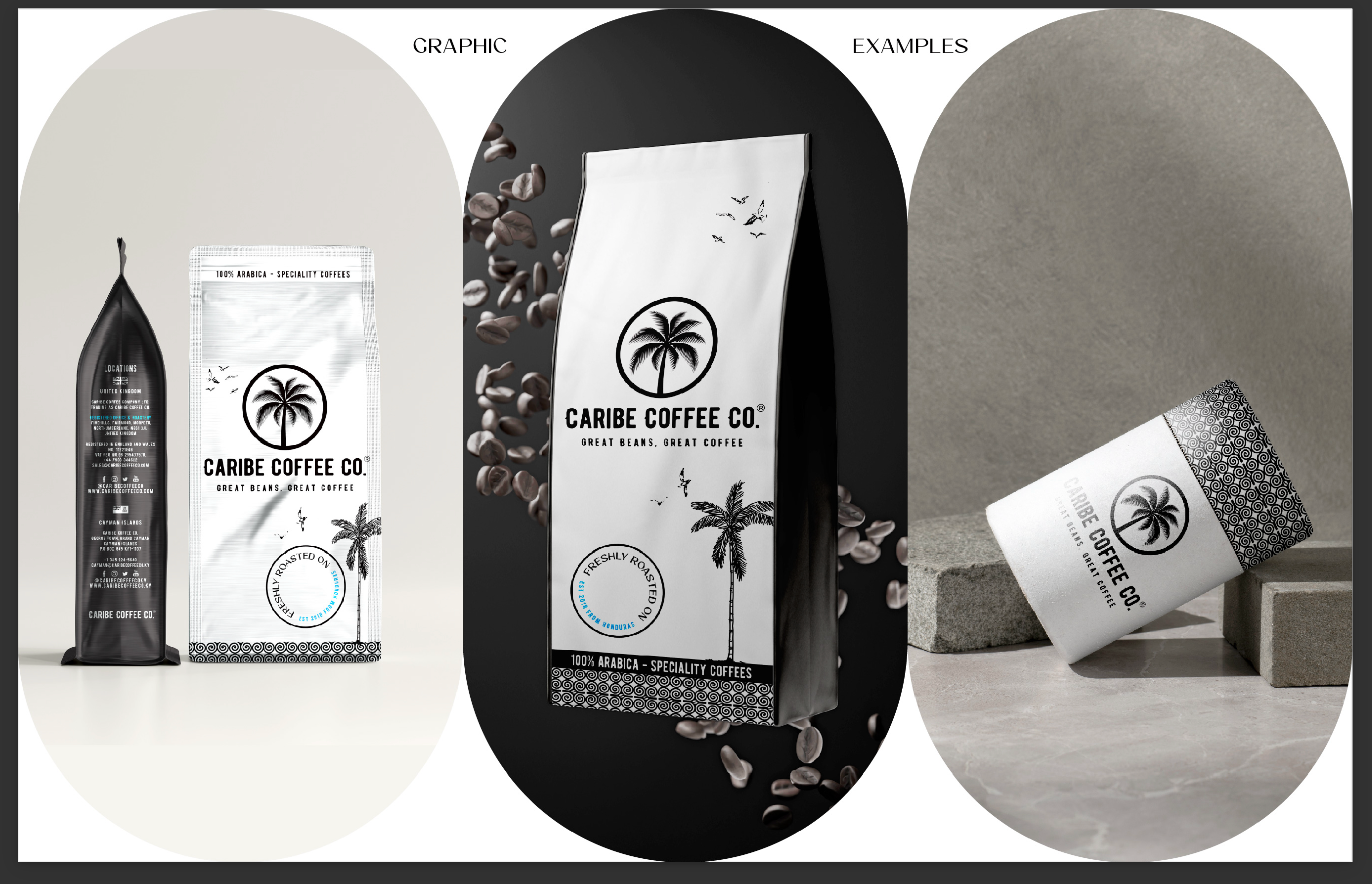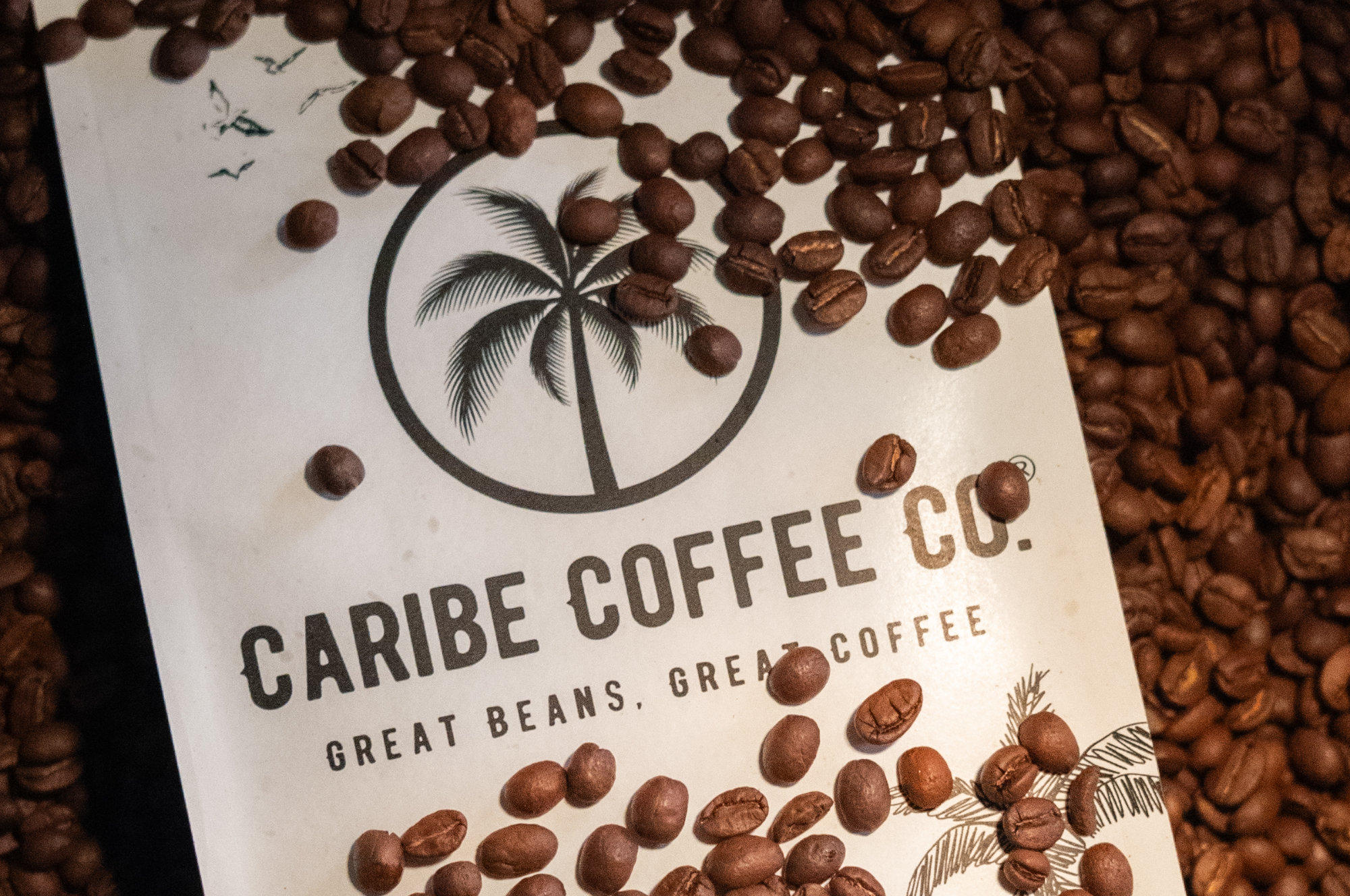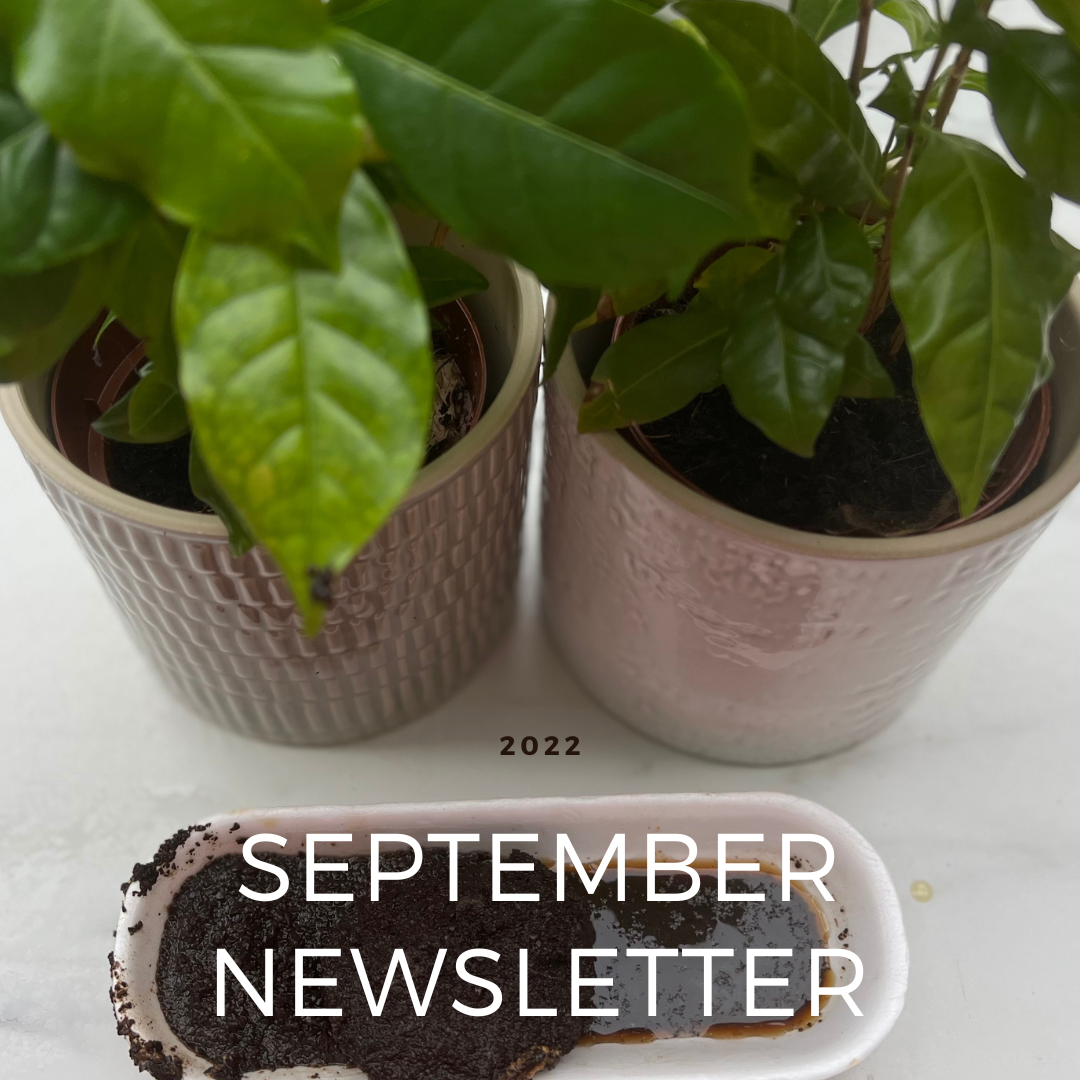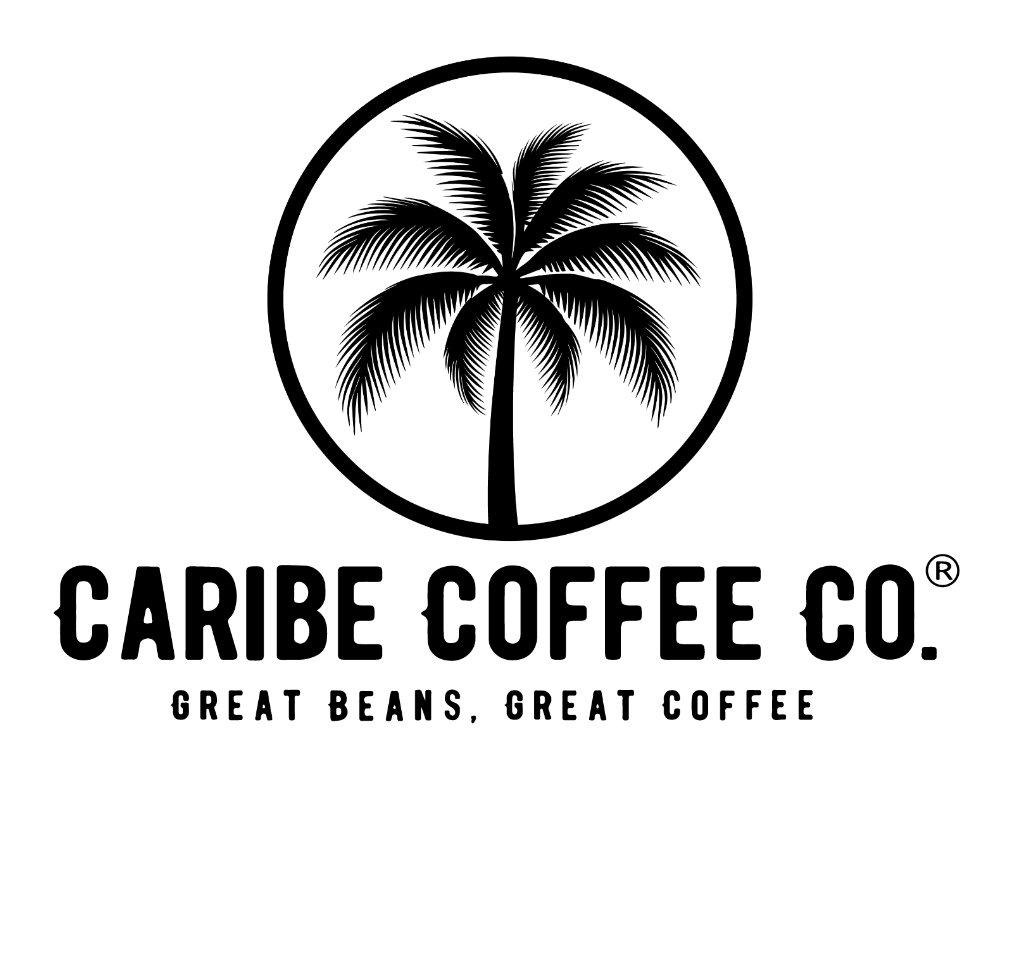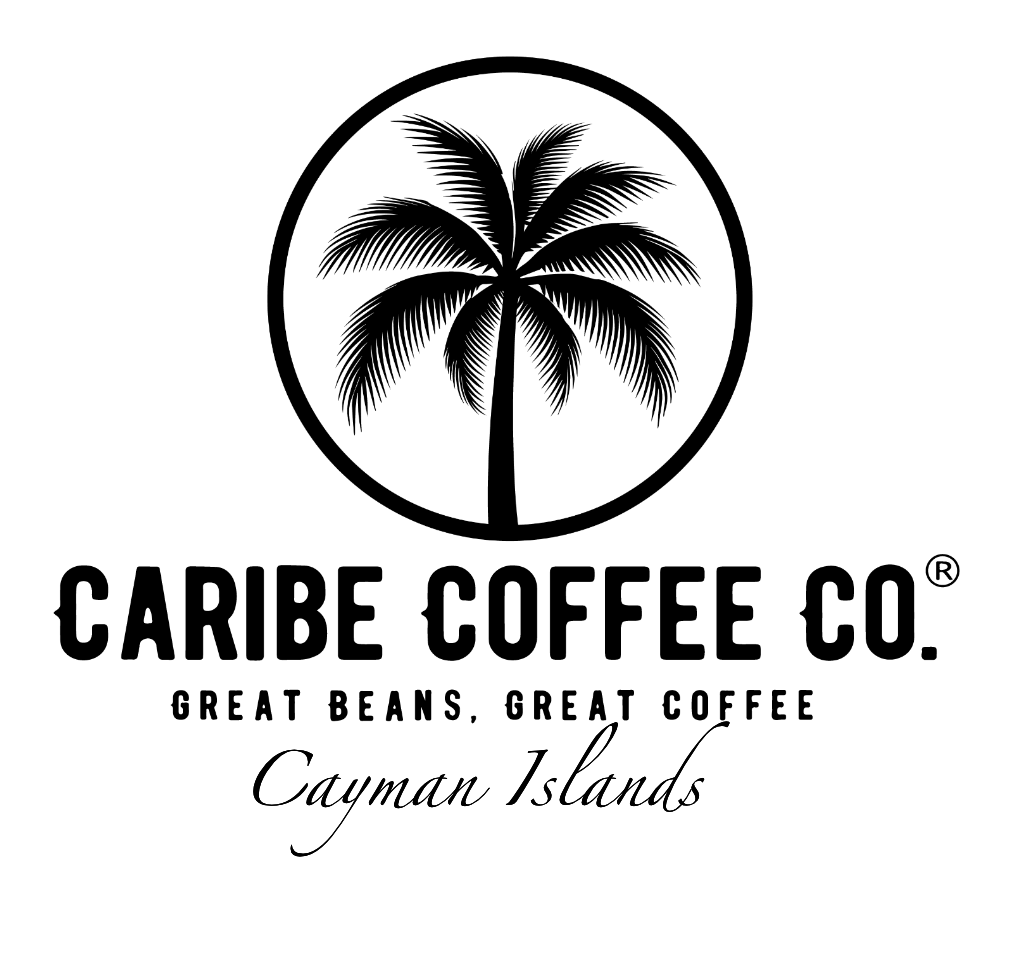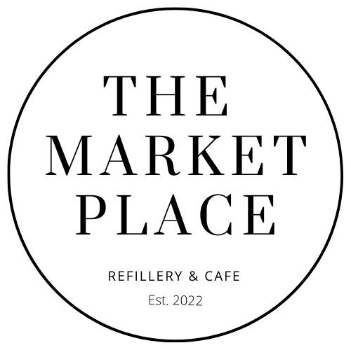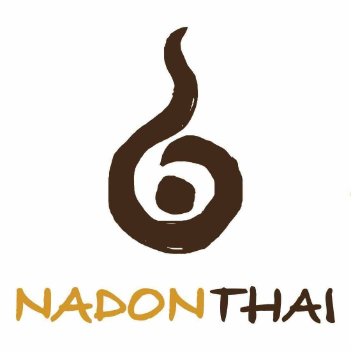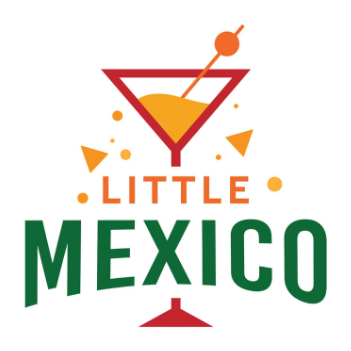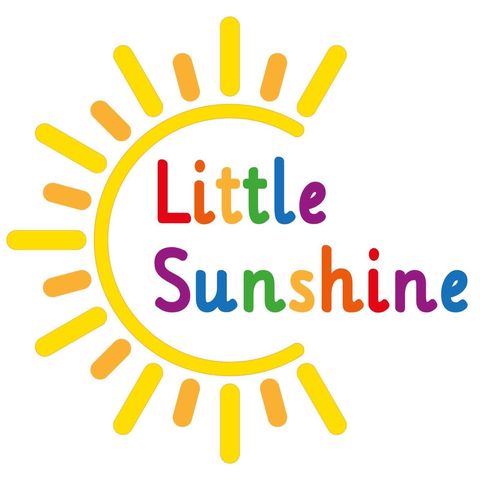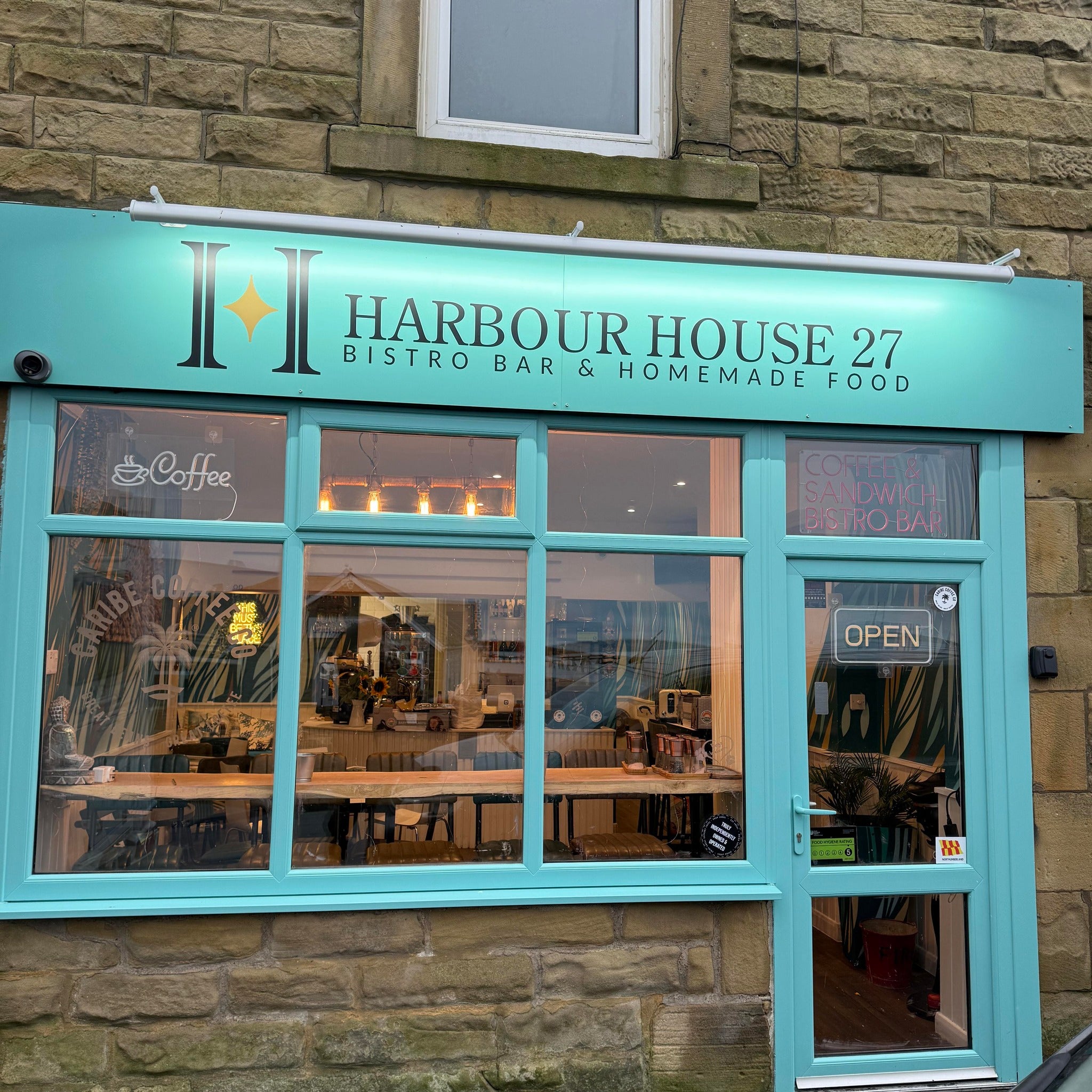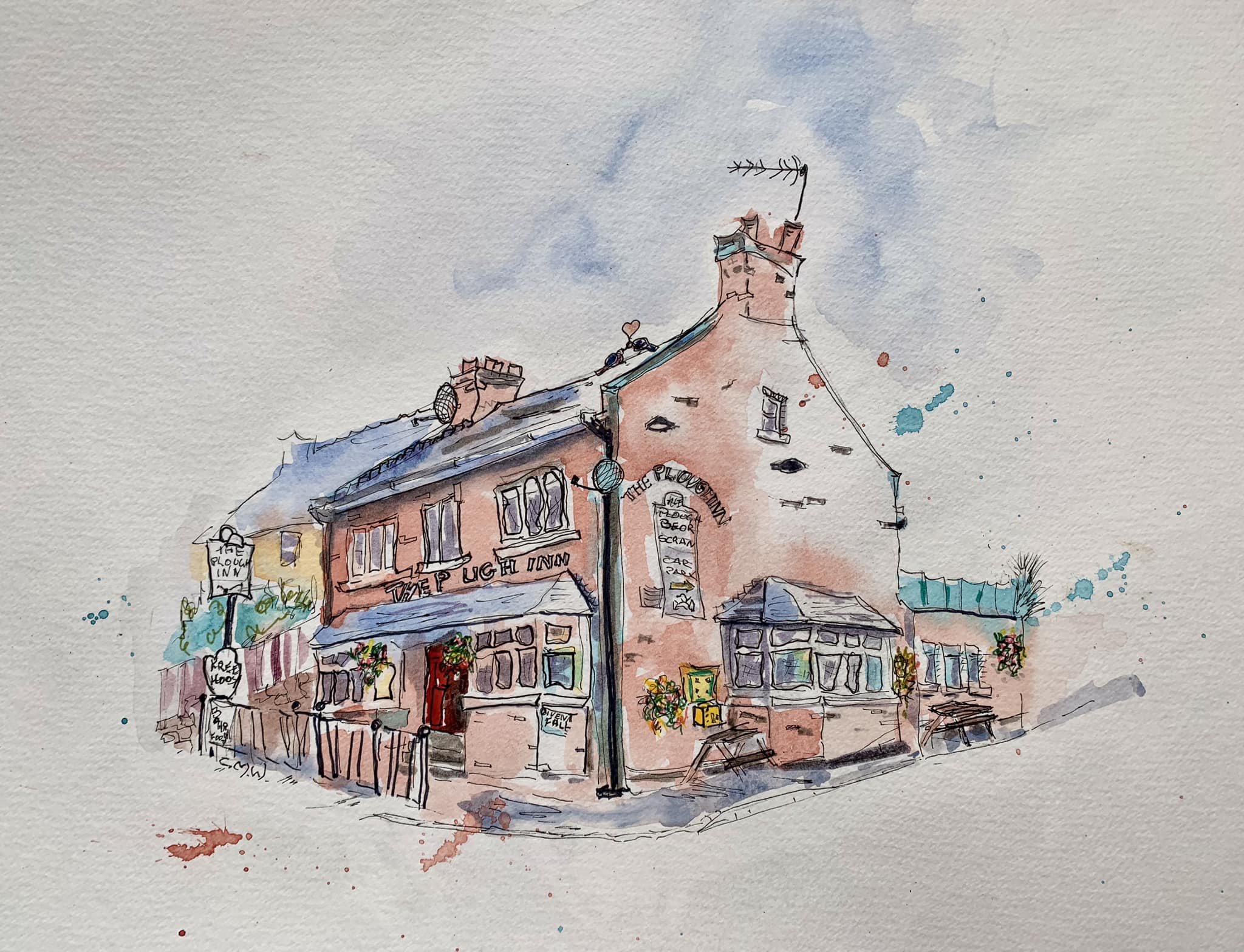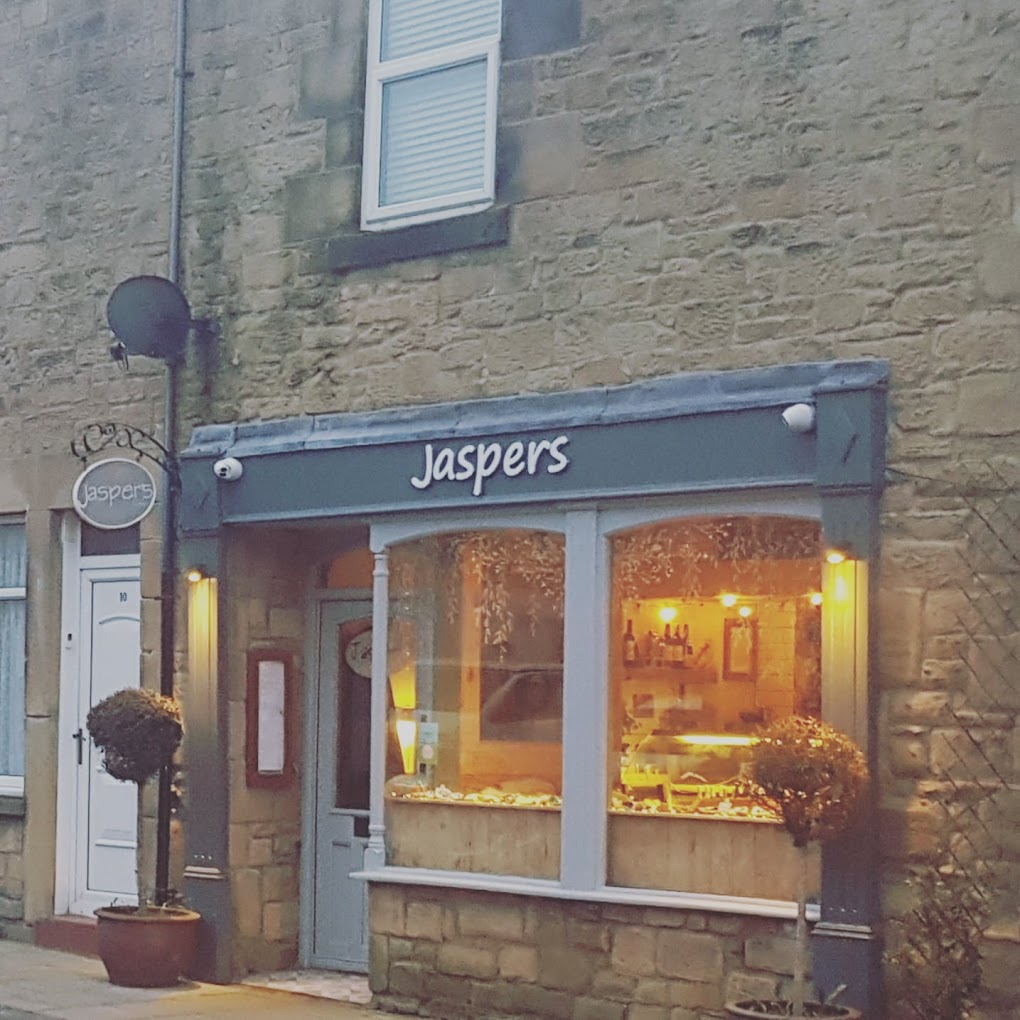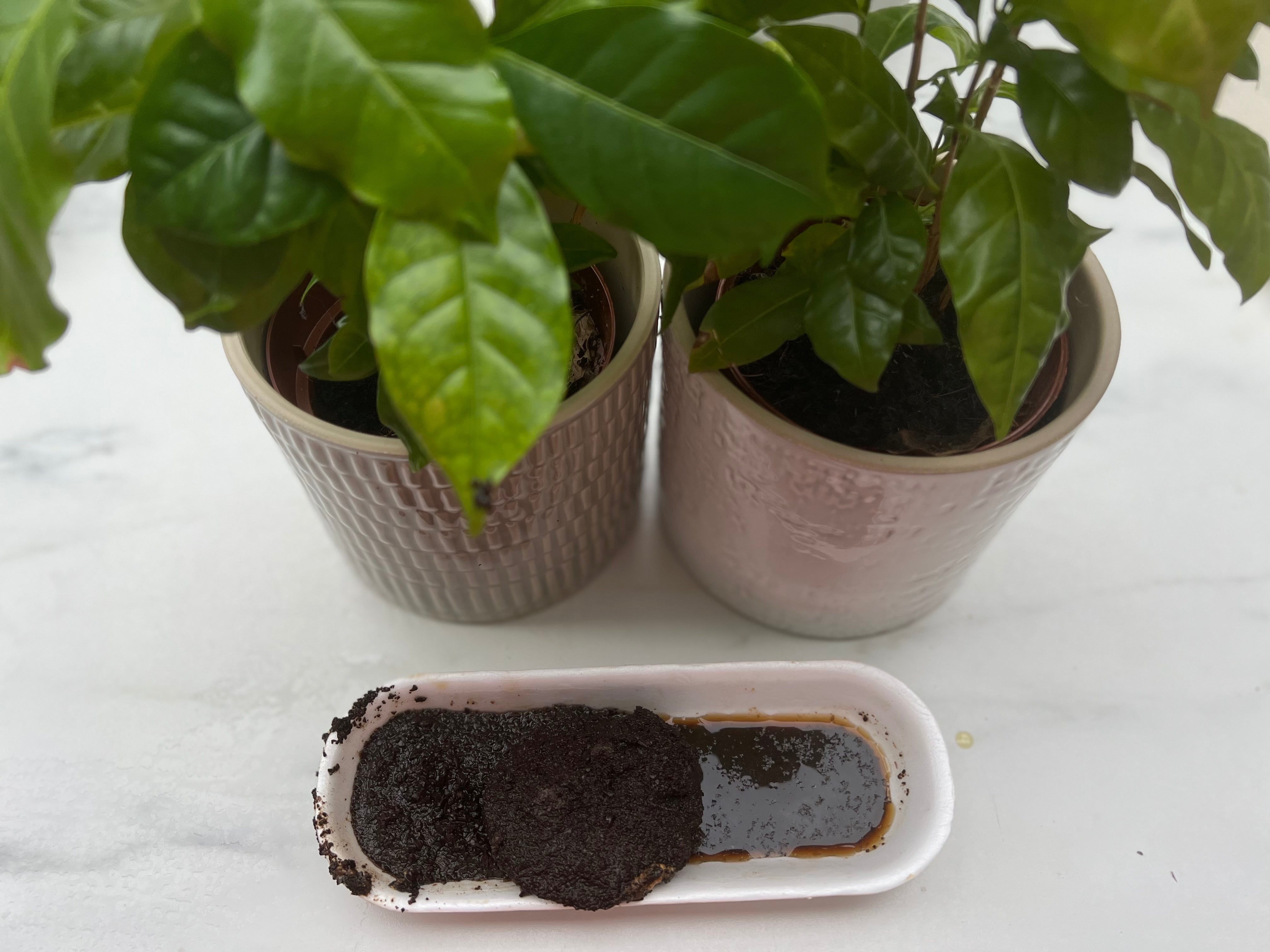
OK so our "seed to cup" photo is actually a bit off protocol - it's to do with used coffee grounds and that's technically after the cup bit. But, our Coffea arabica plants (famous - they've been on the BBC you know!) are doing so well we wanted to share our secret - coffee grounds. Used coffee grounds are a fantastic addition to your compost; the grounds are PH neutral and rich in nitrogen. We have been adding a scoop of grounds when we water the plants (twice a month).
Cost of Living
Royal Mail have increased our contracted prices so we are feeling the pinch here at the Roastery but we have made savings elsewhere and adjusted our postage strategy so prices can stay the same. As always, any problems with your coffee packages please just get in touch.
La Tribuna
CEO Wilmer appeared in the National Honduran Newspaper " La Tribuna" regarding the Honduran Ambassador's presentation of a Honduran Movie, our coffee was recognised as representing some of Honduras' great exports. The exposure for Caribe Coffee Co. in Honduras means more small hold farms are getting in touch to work with us and overcome the common obstacles small hold farms face to export their coffee.


"The Honduran film "Coffee with a flavor of my land" directed by Carlos Membreño was screened in the Cervantes Institute in London with the assistance of Latin American ambassadors, academics, university members, the British public in general and the Honduran colony residing in that great nation. The presentation was in charge of the general director of the Ignacio Peyró institute and Ambassador Iván Romero Martínez. The that special night was also attended by the new Executive Director of the International Coffee Organization OIC Vanusia Nogueira, who spoke about the event. Our compatriot Wilmer Cárcamo, a successful coffee entrepreneur and founder, together with his wife Elle, of the company “Caribe Coffee Co.” donated samples of Honduran coffee to the attendees and made a successful tasting of one of the best coffees in the world."
Certification
We had the opportunity to reply to some questions about certification on social media this week. We try our best to do what's right for the farmers, the environment and our customers but also the business needs to people pay wages. It's a tricky balance and we hope to do the best. Always happy to be questioned for sure!


